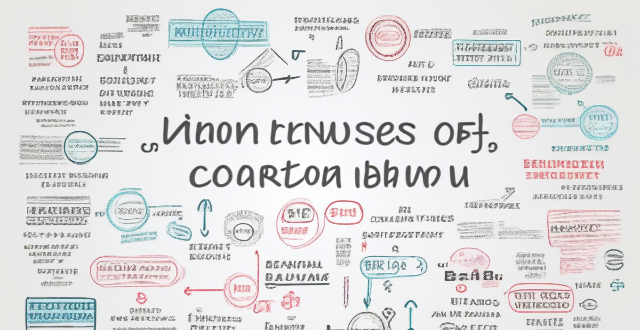The text discusses the benefits of using a Virtual Private Network (VPN) for online privacy. It highlights five key benefits: encryption and security, anonymity and privacy, unrestricted access to content, protecting personal information, and avoiding bandwidth throttling. The text explains that a VPN encrypts internet traffic, making it difficult for hackers or third parties to intercept data. It also masks the user's IP address and physical location, making it harder for websites and advertisers to track online activities. Additionally, a VPN can bypass geo-restrictions and censorship, allowing users to access blocked content. Finally, a VPN can protect personal information from being leaked or stolen and prevent ISPs from throttling bandwidth. Overall, using a VPN can provide several benefits for online privacy.

Benefits of Using a Virtual Private Network (VPN) for Online Privacy
Encryption and Security
A VPN encrypts your internet traffic, making it difficult for hackers, government agencies, or other third parties to intercept and read your data. This is especially important when using public Wi-Fi networks, which are often unsecured and vulnerable to attacks.
Anonymity and Privacy
By routing your internet traffic through a remote server, a VPN can mask your IP address and physical location. This makes it more difficult for websites, advertisers, and other entities to track your online activities and build a profile about you. It also allows you to access geo-restricted content that may be blocked in your region.
Unrestricted Access to Content
Many countries censor certain websites and online services, restricting access to information and communication. A VPN can help bypass these restrictions by providing a secure connection to a server located in a different country with fewer restrictions.
Protecting Your Personal Information
Using a VPN can help protect your personal information from being leaked or stolen by hackers. This is especially important when conducting financial transactions or entering sensitive information such as passwords or credit card numbers.
Avoiding Bandwidth Throttling
Some internet service providers (ISPs) throttle your bandwidth if they detect you are downloading large files or streaming video. A VPN can help prevent this by encrypting your traffic, making it harder for ISPs to monitor your activities.
Overall, using a VPN can provide several benefits for online privacy, including encryption, anonymity, unrestricted access to content, protection of personal information, and avoiding bandwidth throttling.